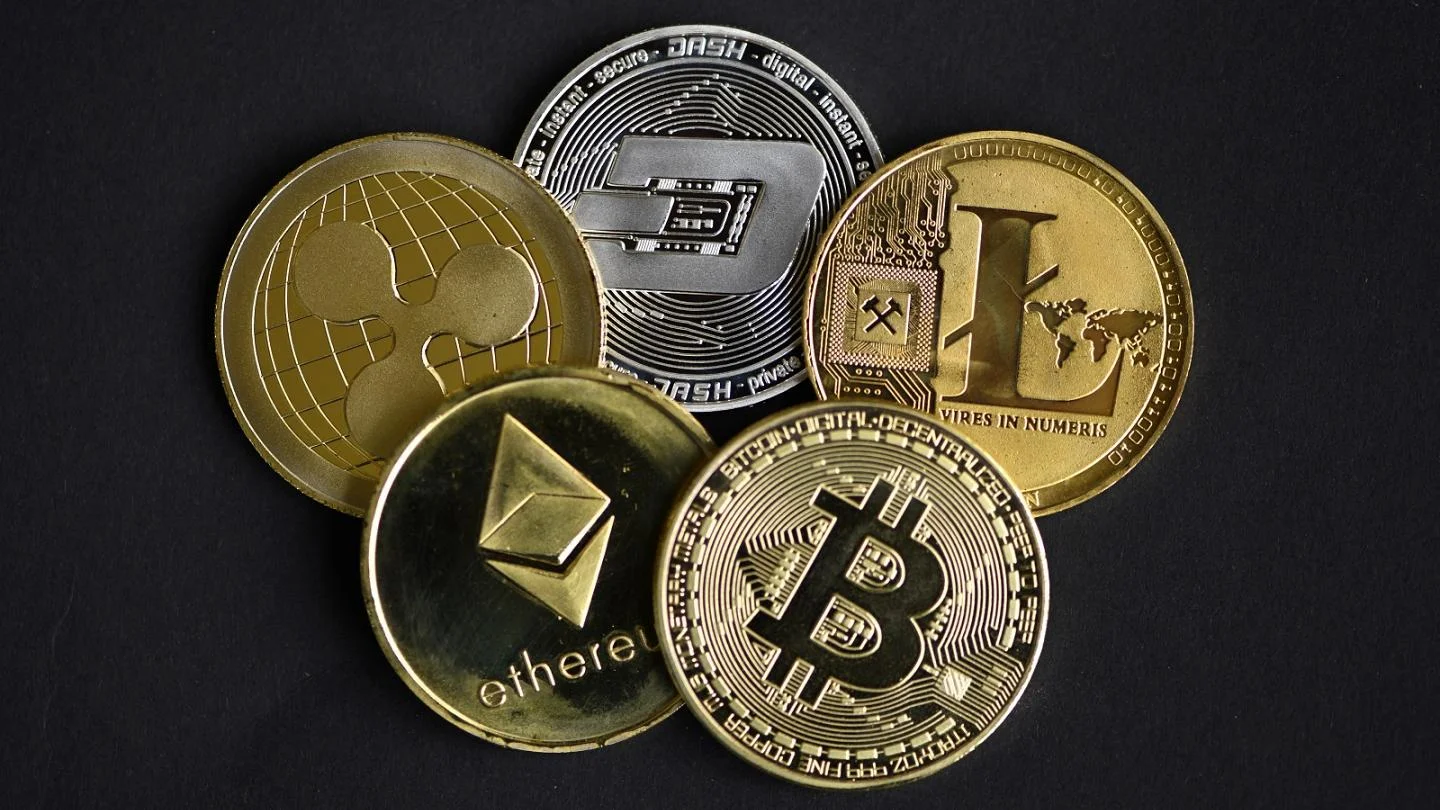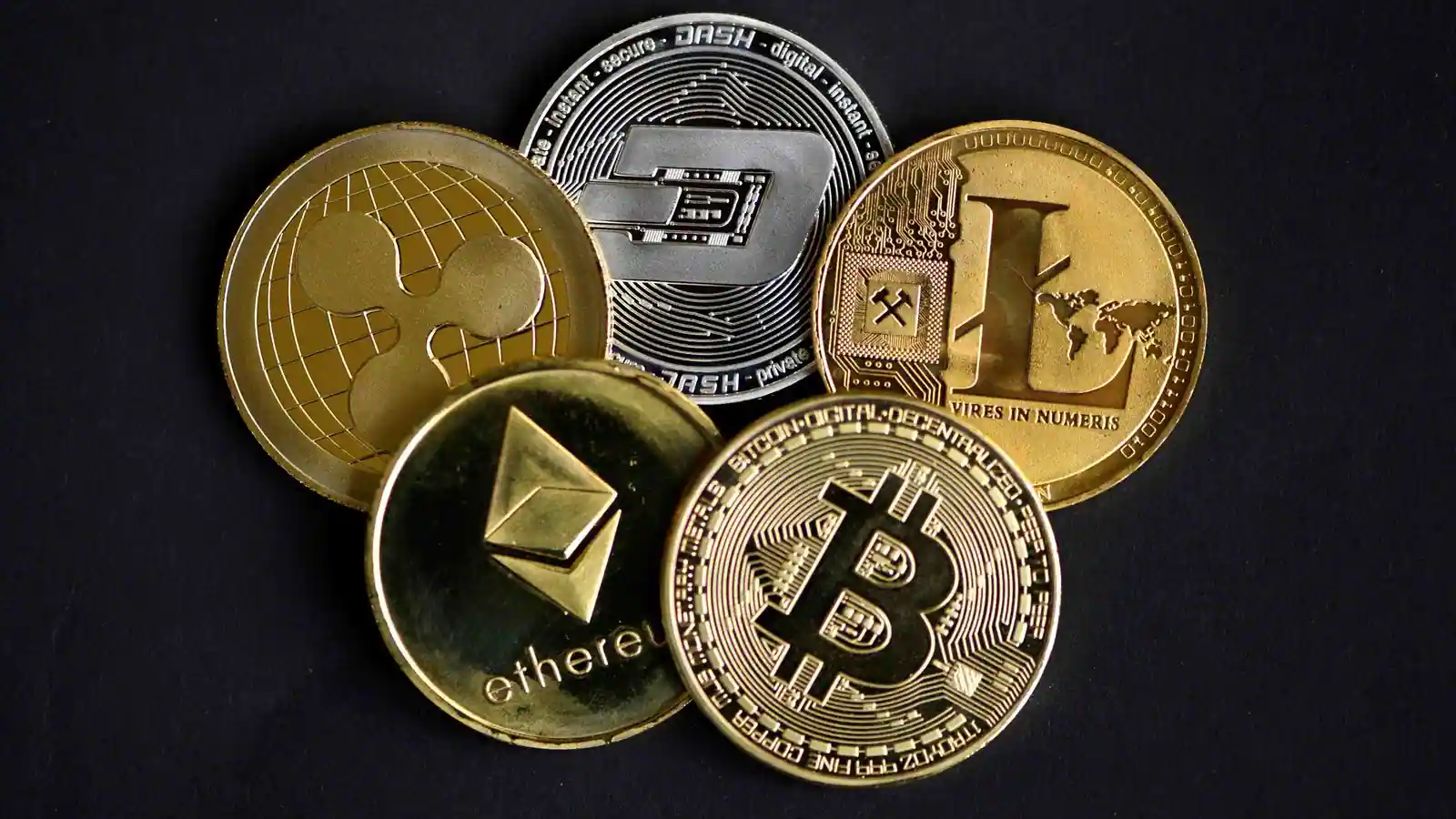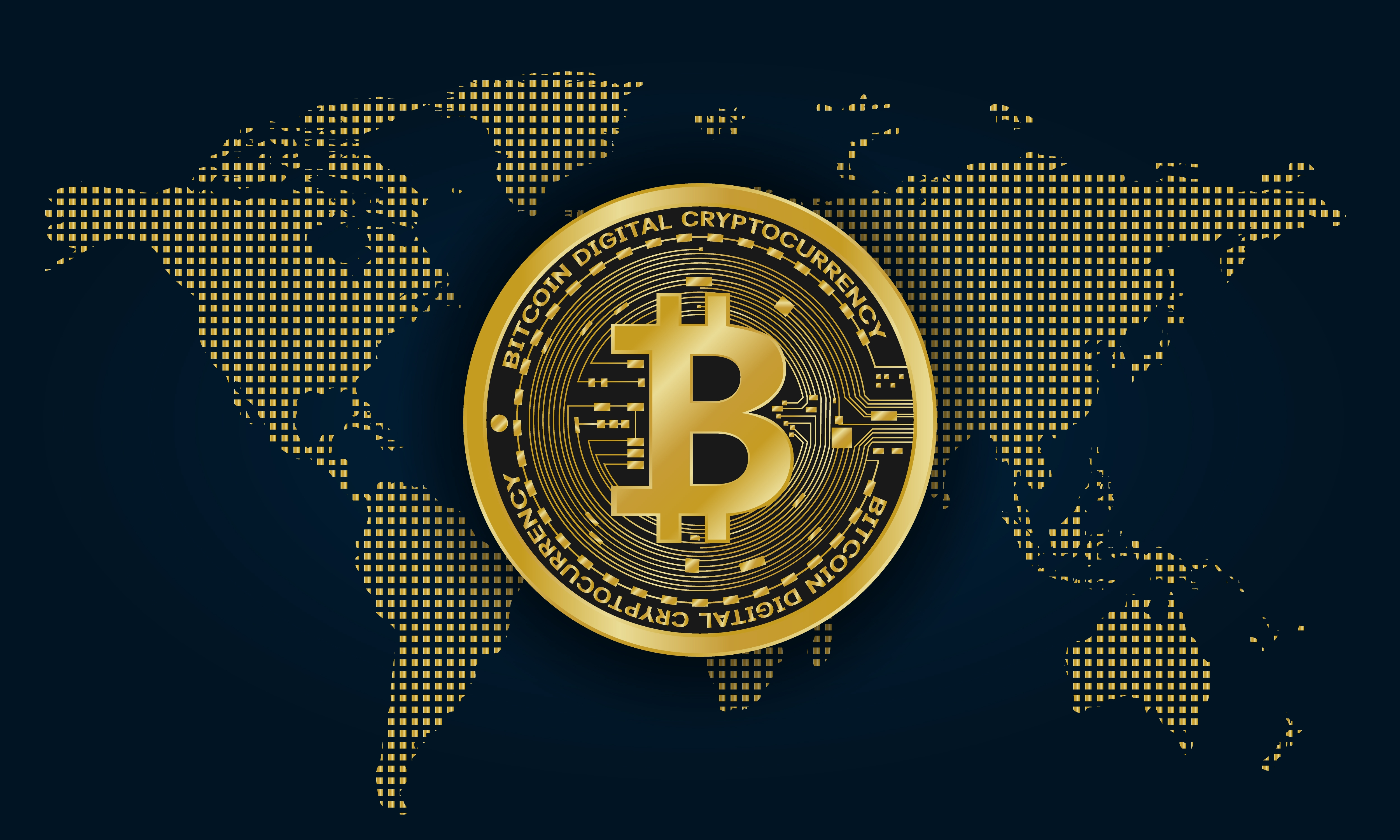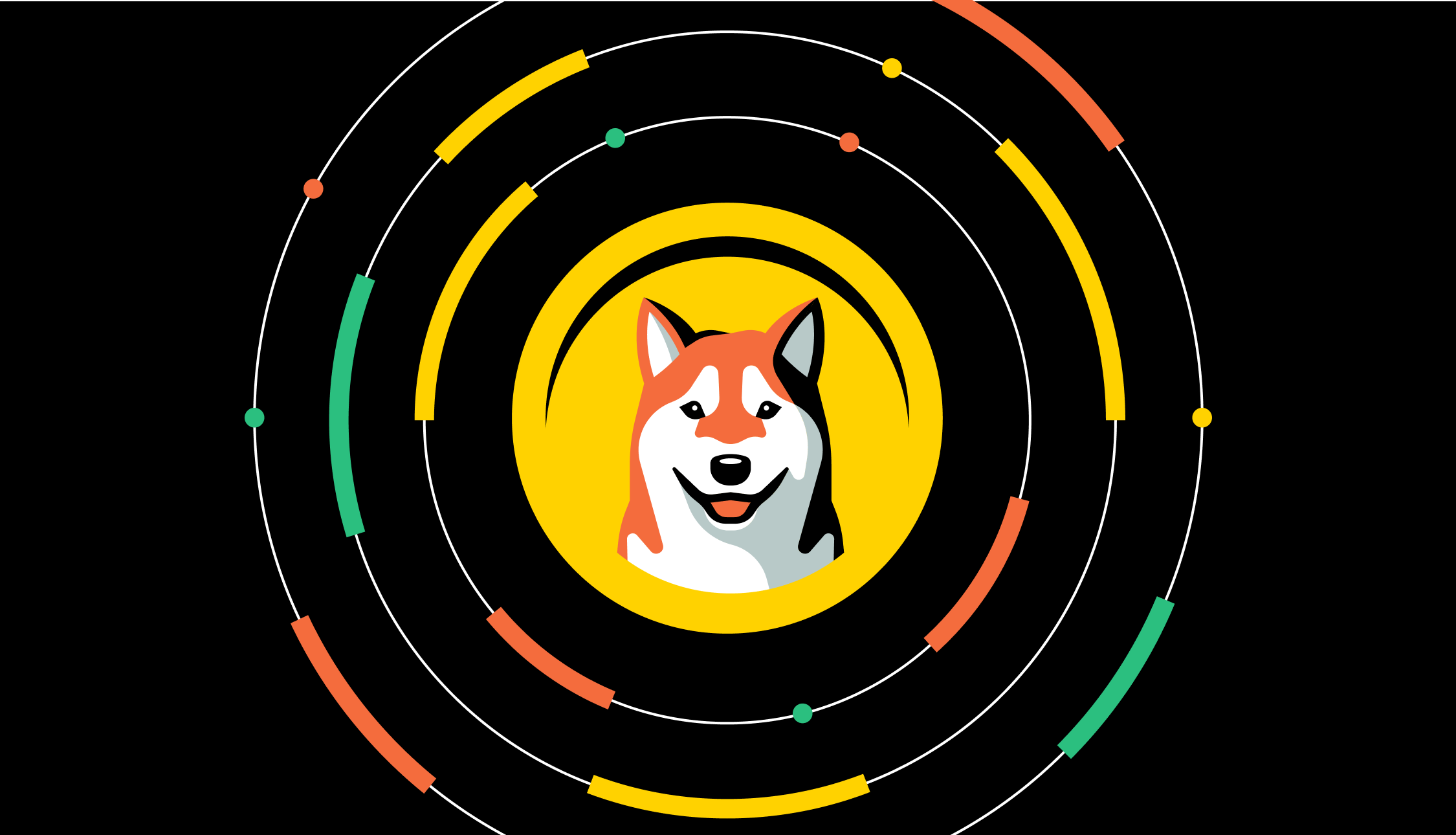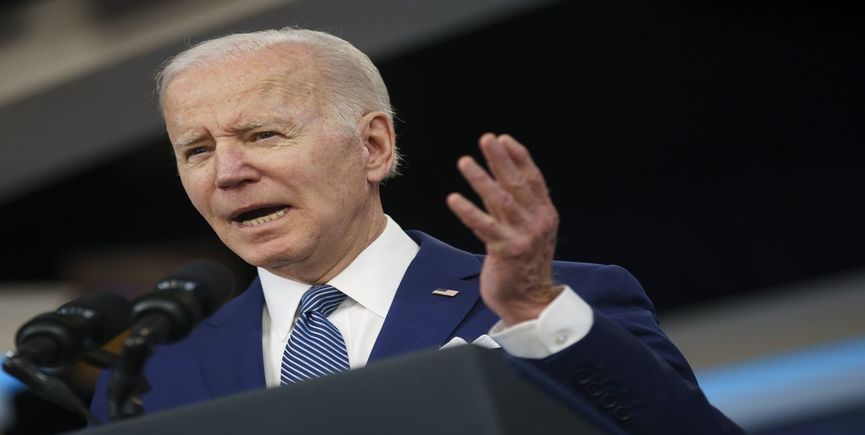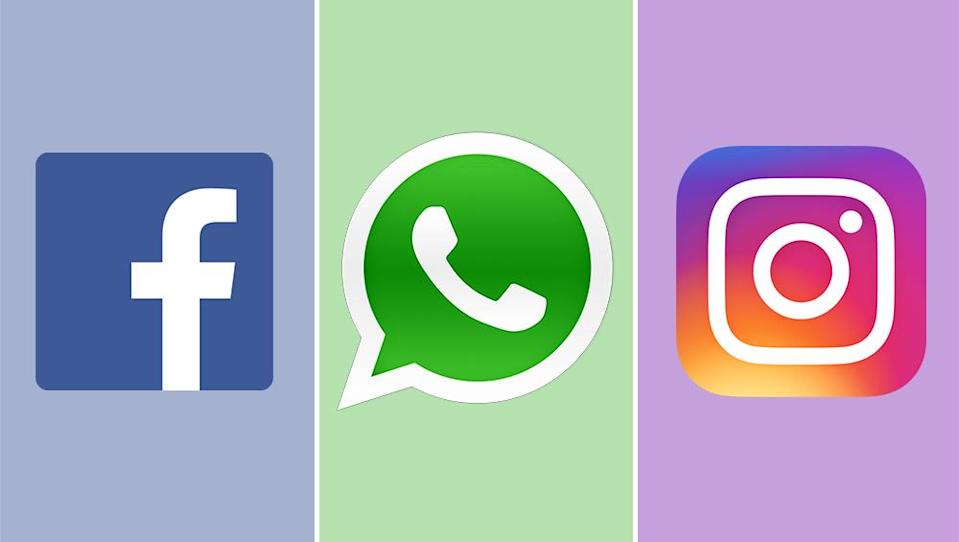
- October 04, 2021
After an hours-long global outage, Facebook, Instagram, and WhatsApp services have been restored.
Facebook Inc.'s services were down for up to six hours on Monday before being partially restored, an extended outage that disrupted access for users and businesses around the world and left the tech company scrambling for a solution.
The company apologised for the outage, which impacted its core platforms and apps, including WhatsApp, Instagram, and Facebook Messenger—and was described by an outside tracking organisation as the most pervasive in the company's history. The glitch, according to Facebook, was caused by networking troubles. It appeared to be the result of a change the corporation made to networking instructions for access to its systems, according to outside experts.
The outage hampered vital and routine communication, cut off small businesses from clients, and slowed e-commerce in a number of countries. Despite the numerous controversies and challenges it faces, Facebook is at the centre of daily life all over the world. Some companies saw their operations and revenues curtailed, while others sent out marketing pitches based on the services going dark, underscoring the extent to which Facebook—despite the many controversies and challenges it faces—is at the centre of daily life all over the world.
Shortly before noon ET, users began seeing error warnings when attempting to use Facebook platforms. According to those familiar with the situation, the outage also caused extensive interruptions to Facebook's internal communication tools, including some voice conversations and work apps used for calendar appointments and other activities. According to the sources, some employees used Zoom to stay connected throughout the day.
Facebook blamed the outage on a setup issue in a blog post published Monday night. The outage disrupted connectivity between Facebook's data centres, causing a chain reaction of outages as servers lost contact with one another, according to Facebook. Internal systems were also harmed, making it difficult for the company's engineers to diagnose and resolve the issue, according to the corporation. According to the company, no user data was harmed.
Facebook began resuming its networking capabilities at 5:20 p.m. ET Monday, according to the internet company Fastly. F acebook's apps and website started working again for some users about a half hour later, Fastly said. The return to full recovery took a long time because of the severity of the outage, according to Facebook. The corporation did not say what triggered the first networking problems.
Based on the amount of users affected, the outage appeared to be the greatest in the company's history. According to a spokeswoman for Downdetector's parent business, it is the largest ever recorded by Downdetector, which analyses website outages, with more than 10.6 million problem complaints from around the world.
Mark Zuckerberg, the CEO of Facebook, issued an apology. In a Facebook post, he wrote, "I know how much you rely on our services to keep connected with the people you care about."
Small and large businesses that rely on Facebook were impacted in a variety of ways as a result of the outage.
Tricia Puleo, 52, who delivers virtual Zumba sessions to clients, said she was unable to contact them because the only way they could find out the timings for her virtual class was through social media.She explained, "That's how I promote." “It has an impact on the number of individuals I reach, the number of people who attend my sessions, and the amount of money I make.”
Some companies began trying to reach out to customers with suggestions or marketing based on the outage. With the subject line "Here's a distraction while Instagram/Facebook are down," Mott & Bow, an online denim retailer, sent emails to select customers offering clothing bargains. “So while those apps are down, tell us what mood you're in and we'll propose a class to take tonight,” Peloton Interactive Inc. tweeted.
Using social media during the epidemic, according to Elizabeth Gore, co-founder and president of Hello Alice, a company that assists diverse small-business entrepreneurs, was a terrific method for small businesses to keep selling things when stores closed.
She did, however, say that the lack of communication caused by Monday's outage was a concern for both her and her clients. She described the situation as a "social media natural disaster."
Users of Facebook and its services filled Twitter on Monday with comments, jokes, and complaints. Twitter's main account tweeted "hi literally everyone" a few hours after the outage began. Along with other jokes, Twitter CEO and co-founder Jack Dorsey posted his support for Signal, a competitor messaging service. Later, the business recognised that the influx of traffic may have hampered answers and direct messages for a time.
Cory Michael, a full-time videogame livestreamer on Facebook, said the platform fell down when he was streaming himself playing a new Amazon.com Inc. game for several hours. Mr. Michael, 36, from Florida, stated, "I'm not a panic sort of guy." “People who want to watch live streams have their favourite streamers. I'm confident they'll return.”
Even the biggest digital businesses fall down for maintenance now and again, but the length and breadth of the outage for Facebook and all of its platforms is rare, according to Tom Daly, a networking specialist and former co-founder of the internet startup Dyn.
He explained, "They have a vast infrastructure with a massive amount of complexity, and they have to address all of that complexity in order to recover."
While Facebook and Instagram are mostly used for social purposes, WhatsApp has become an indispensable communication tool for people all over the world. There are almost two billion active users on the service.
The social-media company said it has 1.19 billion daily active users, according to Facebook's most recent quarterly financial reports, which were released in July.
The outage occurs at a time when the social media firm is under fire. On Sunday, a whistleblower who provided papers for The Wall Street Journal's Facebook Files investigation made his information public. Former Facebook product manager Frances Haugen says she took action to assist the firm adapt.
In the midst of a wider market selloff, Facebook shares fell 4.9 percent on Monday.
To keep its enormous international network up and running, Facebook has built up a sophisticated global system of data centres, software, and networking gear over the years, but Monday's outage appears to have started with a breakdown at one particularly sensitive spot in this ecology. To notify other network operators where to find its servers, Facebook, like all corporations that operate networks, employs an esoteric technique called the Border Gateway Protocol, or BGP.
Facebook appears to have pulled this BGP information on Monday, implying that the company was no longer disclosing the position of its own Domain Name System, or DNS, servers, which are used by browsers and mobile phones to locate Facebook on the internet. According to outside analysts, the change practically meant that the corporation and its services vanished from the eyes of the world's networking companies.
The change left Facebook's DNS servers unavailable, forcing its services—Facebook, WhatsApp, and Instagram—to go offline, according to Doug Madory, director of internet analysis at network monitoring firm Kentik.
With the world becoming increasingly reliant on internet-delivered technologies, internet interruptions have become the norm.
In March, several Facebook services were temporarily unavailable, while earlier this year, workplace messaging platform Slack Technologies Inc. experienced a service outage that lasted several hours. More than a dozen of Alphabet Inc.'s Google services, including Gmail and YouTube, were also affected by outages in December.
The rippling effects of the outages have been seen more as more employees turned to cloud services and other connected platforms amid the Covid-19 outbreak.

